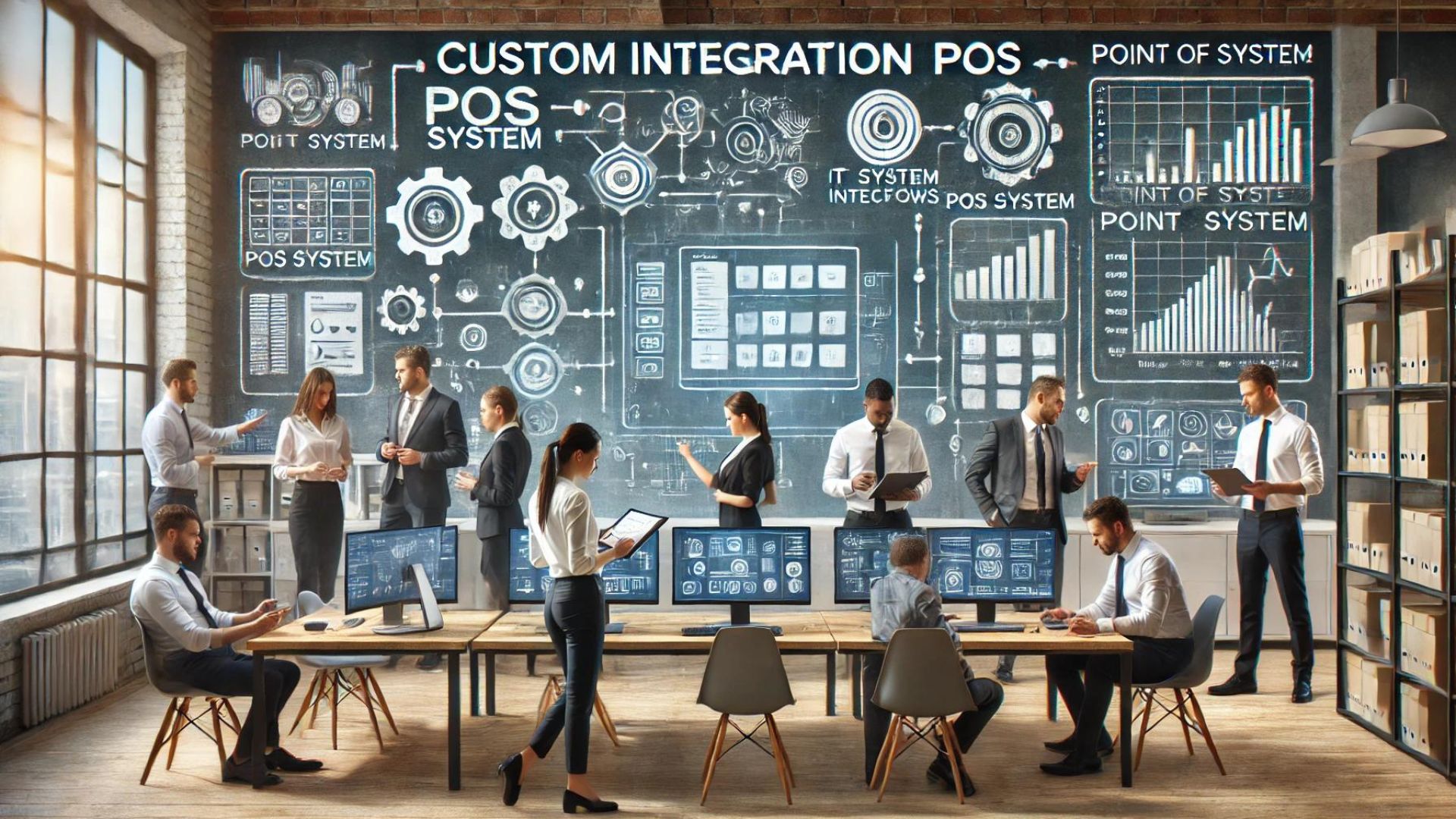
The Evolution and Importance of Custom Integration with POS Systems in Modern Retail
Introduction
Custom integration with Point of Sale (POS) systems has become essential for modern retailers looking to streamline operations, enhance the customer experience, and improve overall efficiency. By integrating POS systems with other business applications, retailers can achieve greater flexibility, scalability, and data-driven insights. This article explores the evolution of POS system integration, its significance in modern retail, and the key benefits it offers.
The Evolution of POS System Integration
POS system integration has evolved significantly over the years, driven by advancements in technology and the growing need for seamless connectivity between different business functions. Key milestones in the evolution of POS system integration include:
- 1990s: Introduction of basic integration capabilities, allowing POS systems to connect with inventory management and accounting software.
- 2000s: Development of more advanced integration solutions, enabling real-time data exchange between POS systems and various business applications.
- 2010s: The rise of cloud-based integration platforms, providing greater flexibility and scalability for retailers.
- 2020s and Beyond: Integration of AI, machine learning, and IoT technologies into POS systems, offering deeper insights and more efficient operations.
The Importance of POS System Integration in Modern Retail
In today's competitive retail environment, seamless integration between POS systems and other business applications is crucial for achieving operational efficiency and providing a superior customer experience. Custom integration solutions enable retailers to optimise their processes and gain valuable insights into their operations.
Key Benefits of POS System Integration:
- Streamlined Operations: Integration with inventory management, accounting, and other systems helps streamline processes, reducing manual work and improving accuracy.
- Enhanced Customer Experience: Real-time data exchange enables faster and more personalised service, enhancing the overall customer experience.
- Data-Driven Insights: Integrated POS systems provide valuable data and analytics, helping retailers make informed decisions and optimise their operations.
- Scalability: Custom integration solutions can be easily scaled to accommodate growing business needs and increased transaction volumes.
- Improved Efficiency: Automation of routine tasks and processes reduces operational costs and improves overall efficiency.
Conclusion
Custom integration with POS systems has become essential for modern retailers, providing the flexibility, scalability, and data-driven insights needed to stay competitive. By streamlining operations, enhancing the customer experience, and improving efficiency, integrated POS systems help retailers achieve their business goals. As technology continues to advance, the role of custom integration with POS systems in modern retail will only become more significant.
